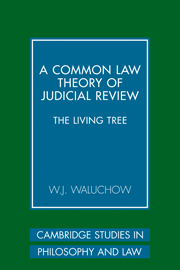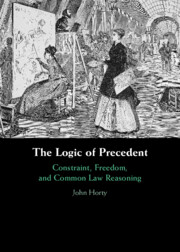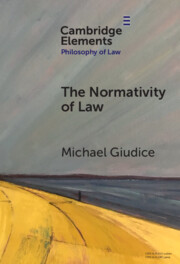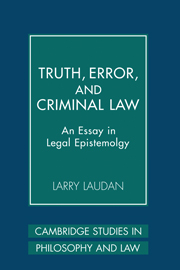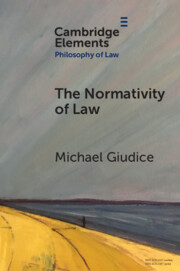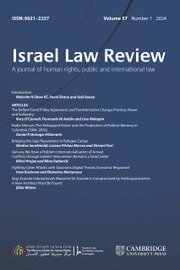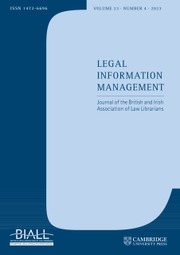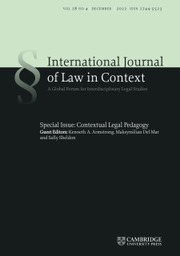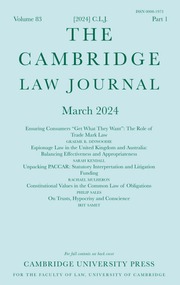A Common Law Theory of Judicial Review
In this study, W. J. Waluchow argues that debates between defenders and critics of constitutional bills of rights presuppose that constitutions are more or less rigid entities. Within such a conception, constitutions aspire to establish stable, fixed points of agreement and pre-commitment, which defenders consider to be possible and desirable, while critics deem impossible and undesirable. Drawing on reflections about the nature of law, constitutions, the common law, and what it is to be a democratic representative, Waluchow urges a different theory of bills of rights that is flexible and adaptable. Adopting such a theory enables one not only to answer to critics' most serious challenges, but also to appreciate the role that a bill of rights, interpreted and enforced by unelected judges, can sensibly play in a constitutional democracy.
- Clearly written and relatively free of technical jargon
- Covers a broad range of disciplines: law, philosophy, political theory, moral theory, constitutional theory
- Of interest to those concerned with the role of unelected judges in a democracy - particularly the role of supreme courts in shaping policy
Reviews & endorsements
Review of the hardback: 'This book will probably come to form part of the canon of constitutional law literature, not only because it provides a sound justification for the existence of judicial review, but also because it gives a compelling orientation as to how it should be exercised.' The Cambridge Law Journal
Review of the hardback: 'A thought provoking contribution to a debate of enormous importance.' Journal of the Commonwealth Lawyers Association
Product details
November 2009Paperback
9780521122665
296 pages
229 × 152 × 23 mm
0.45kg
Available
Table of Contents
- 1. A charter revolution
- 2. Constitutionalism
- 3. Why charters?
- 4. The critic's case
- 5. A mixed blessing
- 6. Common law constitutionalism.

